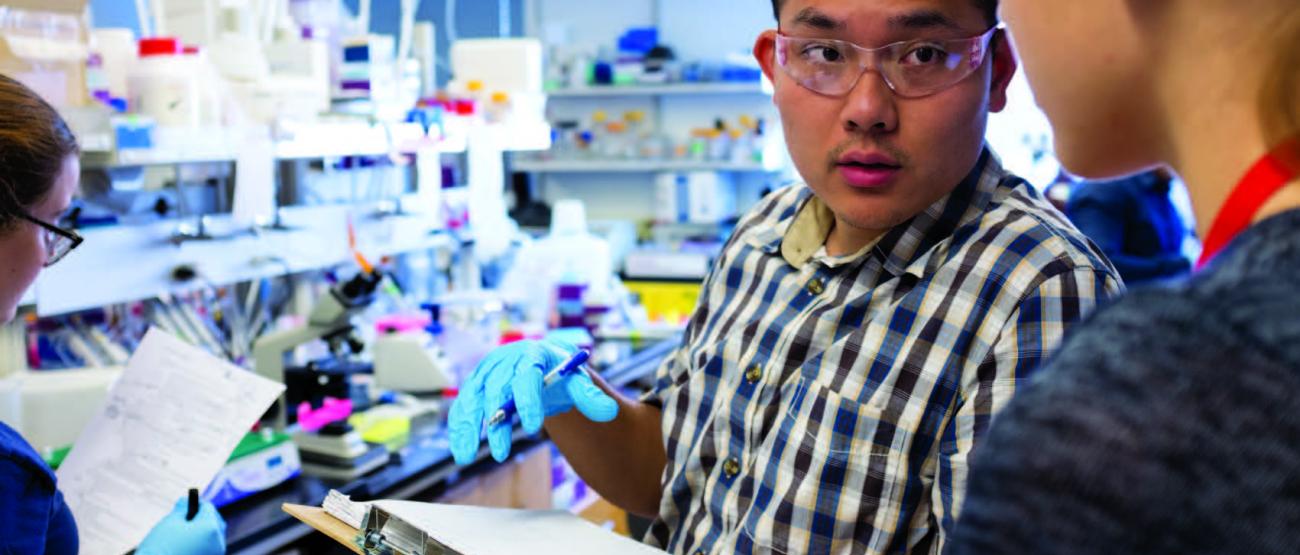Confronting Dementia from Lab to Bedside
Alzheimer's Disease
Confronting Dementia from Lab to Bedside

We know Alzheimer’s as a brutal disease that dismantles our loved ones, but there is hope. Science and engineering researchers are looking inside the disease to identify early warning signs and develop the imaging techniques to see them, to unravel the bio-chemical puzzle that creates a toxic clump of misfolded proteins, and to develop and test new drugs and therapies that chip away at cognitive decline. The insights that emerge from such research are the seeds for medicine in the form of diagnostic tools, treatments, and hopefully, a cure.
To bolster the connections between the lab and bedside, the National Institutes of Health’s National Institute on Aging has awarded Rensselaer a five-year $1.5 million training grant to support a new Alzheimer’s Disease Clinical and Translational Research Training Program. The program positions Rensselaer students to contribute to Alzheimer’s research by exposing them to a range of biotechnology and lighting research on neurodegenerative diseases, including a summer clinical rotation in medical research at the Icahn School of Medicine at Mount Sinai, with whom Rensselaer has an existing partnership.
“We want our students to understand this disease in a holistic sense and carry that knowledge through their education and their career,” said Mariana Figueiro, principal investigator on the grant, and director of Rensselaer’s Lighting Research Center. “The perspective they gain, built upon the strengths of research at Rensselaer, will improve their ability to develop more effective diagnoses, treatments, and cures.”